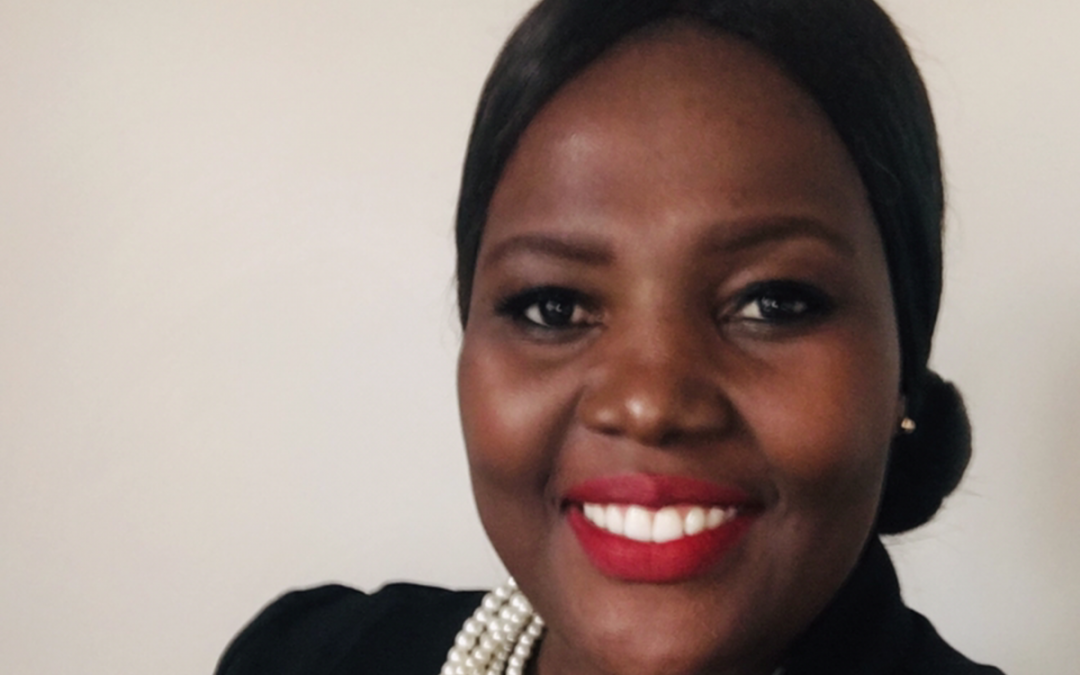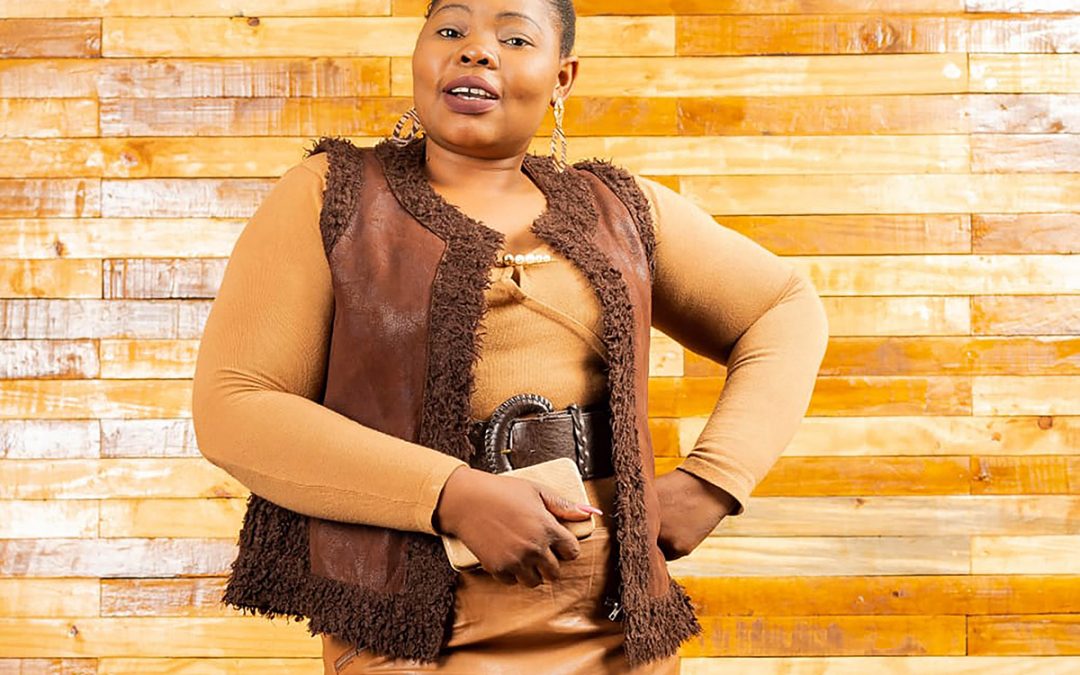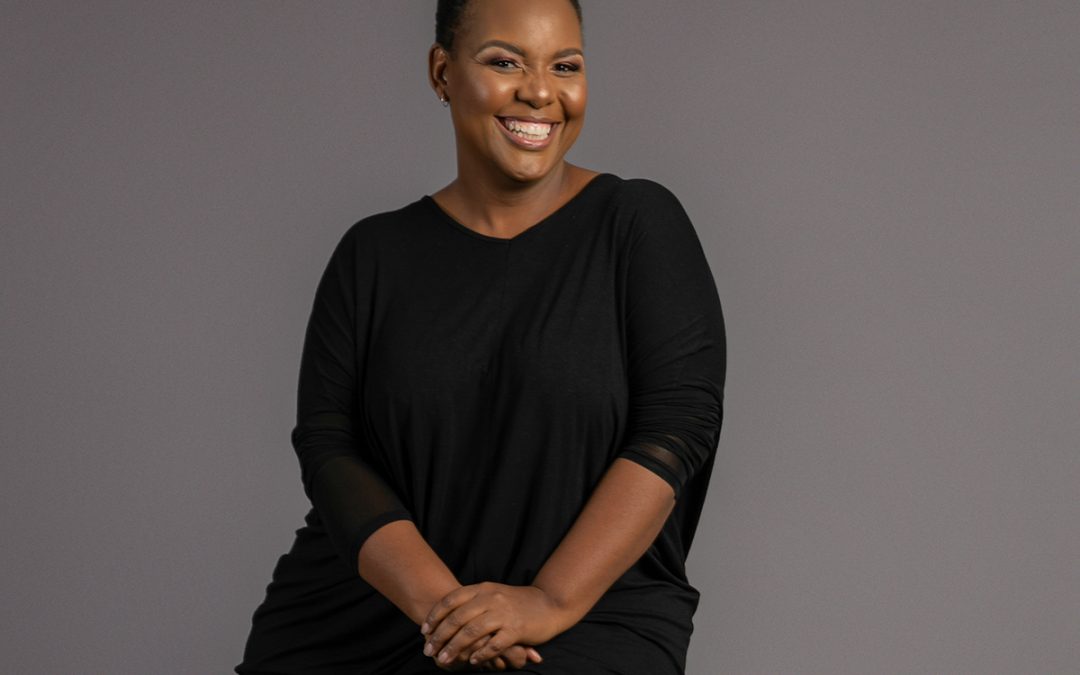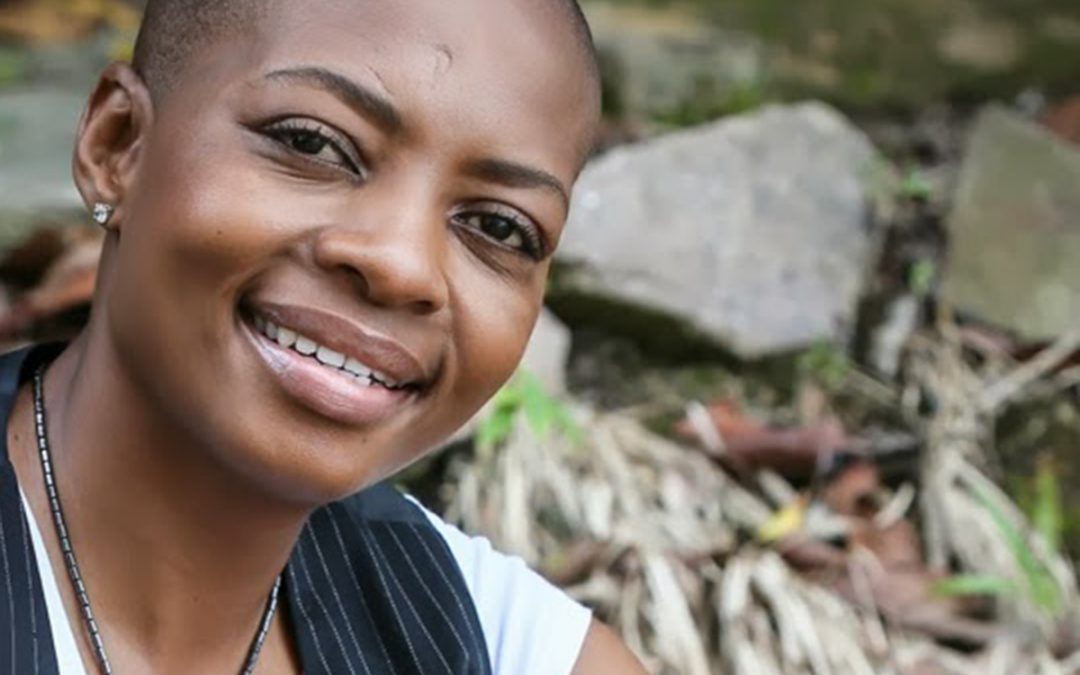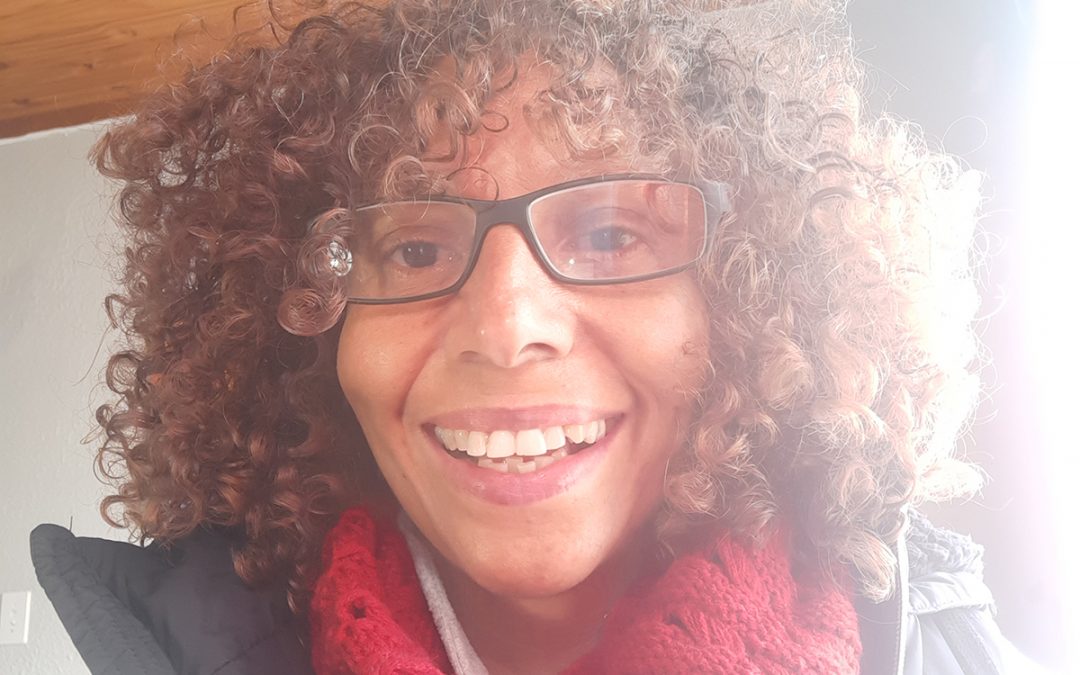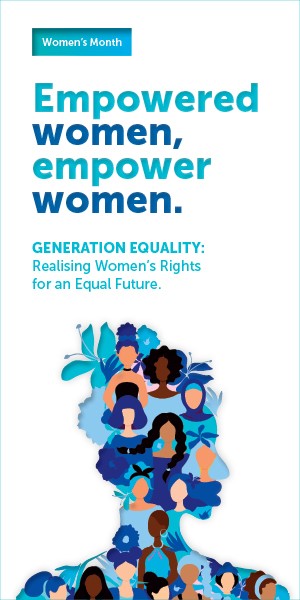Vuyokazi Nkevu Langbooi grabbed headlines in Gqeberha recently when she managed to reunite a 74-year-old man with his family, who had lost hope that he would ever be found alive. “I think he had Alzheimer’s or dementia, because the name he gave me the first time was wrong, but I’m very patient, so I was able to link some of the things he said and eventually found out what his real name is,” she explains.
Armed with the man’s surname, “Doch”, Langbooi scoured Facebook, messaging anyone she could find in Gqeberha who shared this surname. “The only person who responded said it was her uncle, and [that] they had long given up looking for him; they thought he had died.”
Although her official designation is that of social worker, Langbooi says she thinks of herself as an activist, and it’s clear to see from her dedication to her work that she goes above and beyond the call of duty.
Throughout 2020, she worked without taking leave after the department set up a shelter for the homeless and assigned her as the co-ordinator. “It was a new challenge for me; I had never done that before.”
No funds were allocated for the running of the shelter, leaving her to appeal to community stakeholders to give what they could — donations, time, food — to keep the doors of the shelter open, and to make three meals a day for her charges. “I built relations and got commitments from churches, an organisation called Ubuntu Pathways, another one called Soul Food and others who brought food, donations and cleaning services. Health workers volunteered their time and we built relations with the local police, because some of the sheltered individuals had been involved in gangsterism, so it became a potentially dangerous situation.”
She acknowledges the widespread mistrust of government and says that this has made her even more determined to deliver a good service, so that people understand that there are still people in government who care about their communities and not just their paycheque at the end of the month. “I was taught to treat people with respect and dignity. If I have to sit where you are sitting; eat what you are eating, or even bathe you in order for me to build trust and help you, I do that.”
A foster child herself, Langbooi says she believes in the goodness of people because when she lost her mother and grandmother, and her brother — the sole breadwinner at home — left to go to school, it was social workers who were there to help. “So, I felt called to do this work, seeing that people who care and are there to give hope exist. That’s what I gain from this work: the fulfillment, because this is my ministry.”
She also works with a local LGBTQIA+ organisation, Sibecise Social Inclusion, which seeks to teach kids how to deal with violence and share resources.
I was taught to treat people with respect and dignity. If I have to sit where you are sitting, eat what you are eating, or even bathe you in order for me to build trust and help you, I do that.


